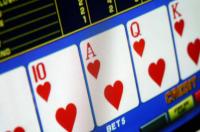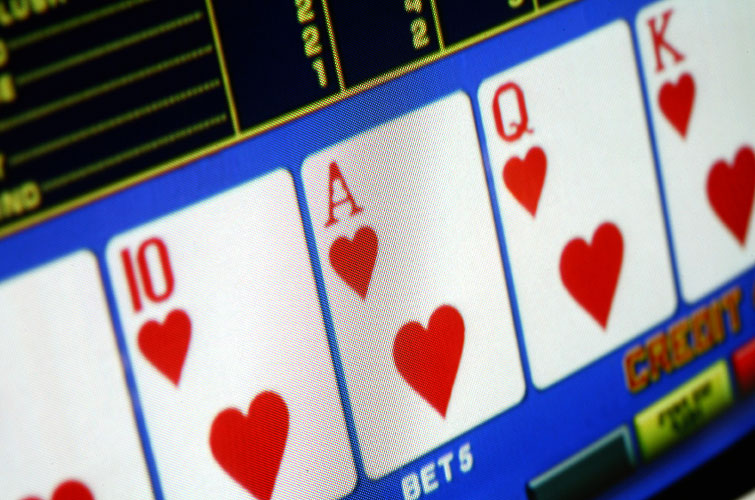 While the state of Illinois continues its impasse on whether to approve its online gambling legislation, the city of Chicago Heights has officially allowed video gambling within the city.
While the state of Illinois continues its impasse on whether to approve its online gambling legislation, the city of Chicago Heights has officially allowed video gambling within the city.
The decision was made earlier this week after the City Council voted unanimously to amend Chapter 30 of the city’s Code of Ordinances.
Corporation Counsel T.J. Somer told the NWI Times that the Illinois Video Gaming Act allows video gambling games at eligible, licensed establishments. While most of these establishments already have poker machines set up, the move to allow video gambling in the city will allow it to gain a piece of the revenue generated by having it properly licensed through the state.
According to Somer, a big chunk of the money generated from these games will be kept by the state itself with the city set to receive only a small percentage of any revenues the games will have.
In the bigger scheme of things, the move to allow video gambling in the city of Chicago Heights will probably have little to no effect on the more pressing state bill of legalizing online gambling in the state of Illinois.
Nevertheless, Chicago Heights will stand to earn whatever revenues they can get from allowing video gambling in the city, even if we’re only talking about a small cut. After all, money generated can be money spent for a lot of the city’s other socio-civic programs, right?
Meanwhile, an alleged boss of illegal gambling rings in southwestern Connecticut was temporarily denied bond by a federal magistrate judge in Connecticut, the Connecticut Post reports.
44-year-old Dean DePreta, along with 19 other people, was arrested a week ago by the FBI and state and local police after two years of investigation surrounding the activities of the Gambino crime family. DePreta is alleged to be linked to the crime ring where he worked as a boss in the family’s illegal gambling operations.
The CT Post mentioned that DePreta’s arrest stemmed from allegations that he ran an operation that “recruited independent bookmakers who paid for protection, leased an internet gambling website in Costa Rica and ran three high-stakes card games” in various addresses within the state.
U.S. Magistrate Judge Holly B. Fitzsimmons made the ruling to deny DePetra’s offered bond, saying that she would have discussions with U.S. probation officials regarding DePreta and his behavior following a 2004 release from prison stemming from similar offenses.
DePreta had hoped that offering more than $2 million worth of properties in bond would be enough to get him released from the can for the time being. Guess not.
